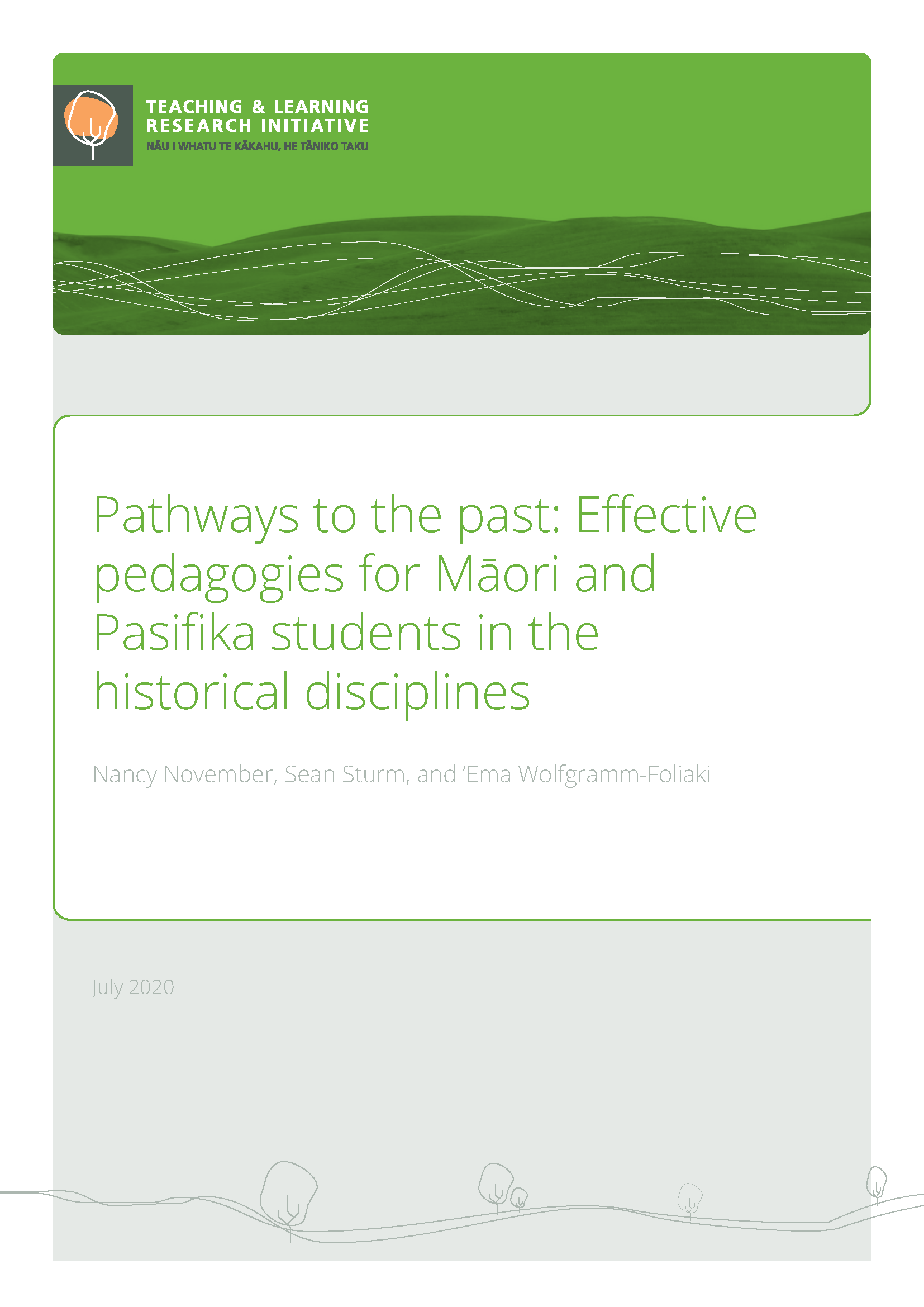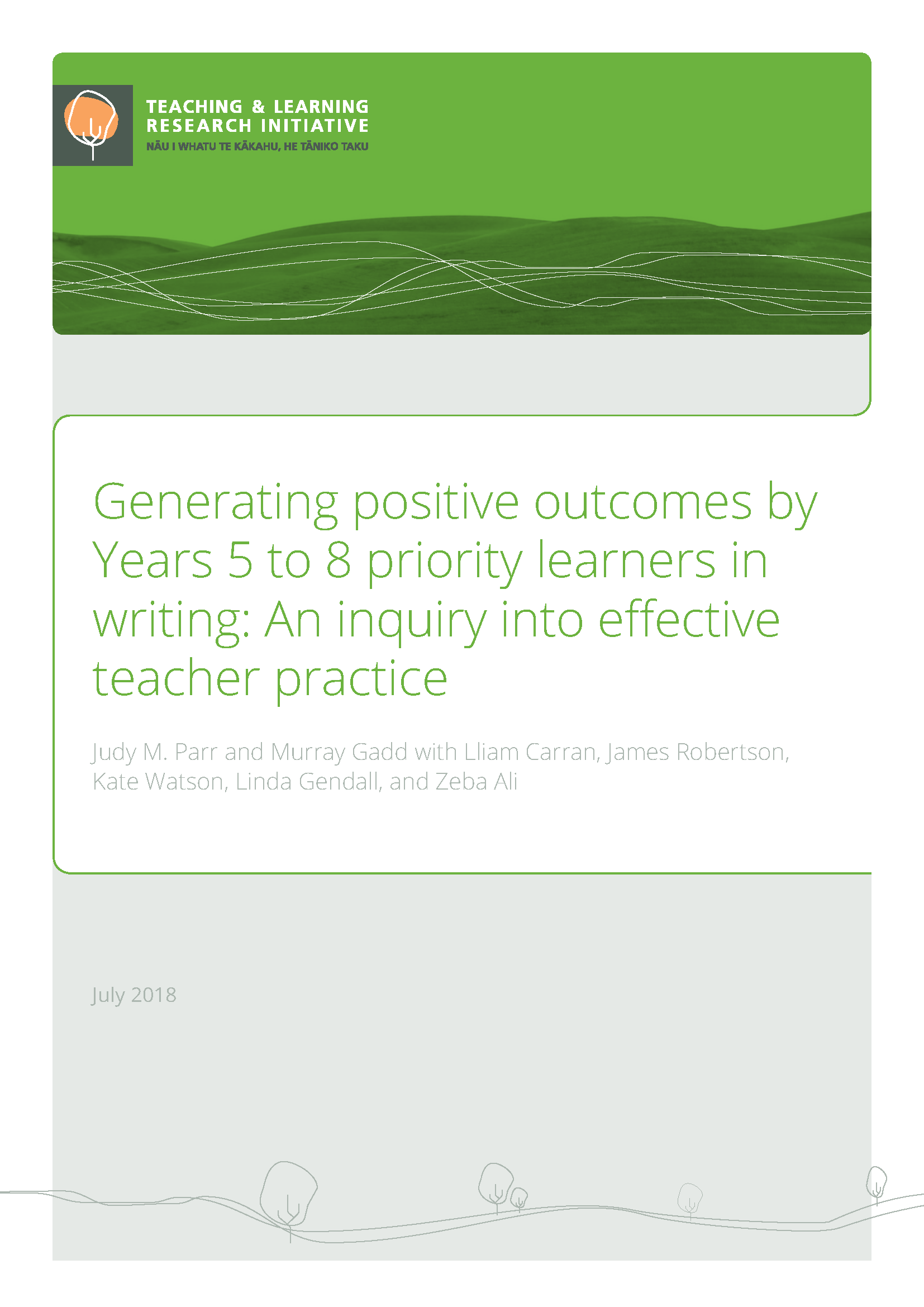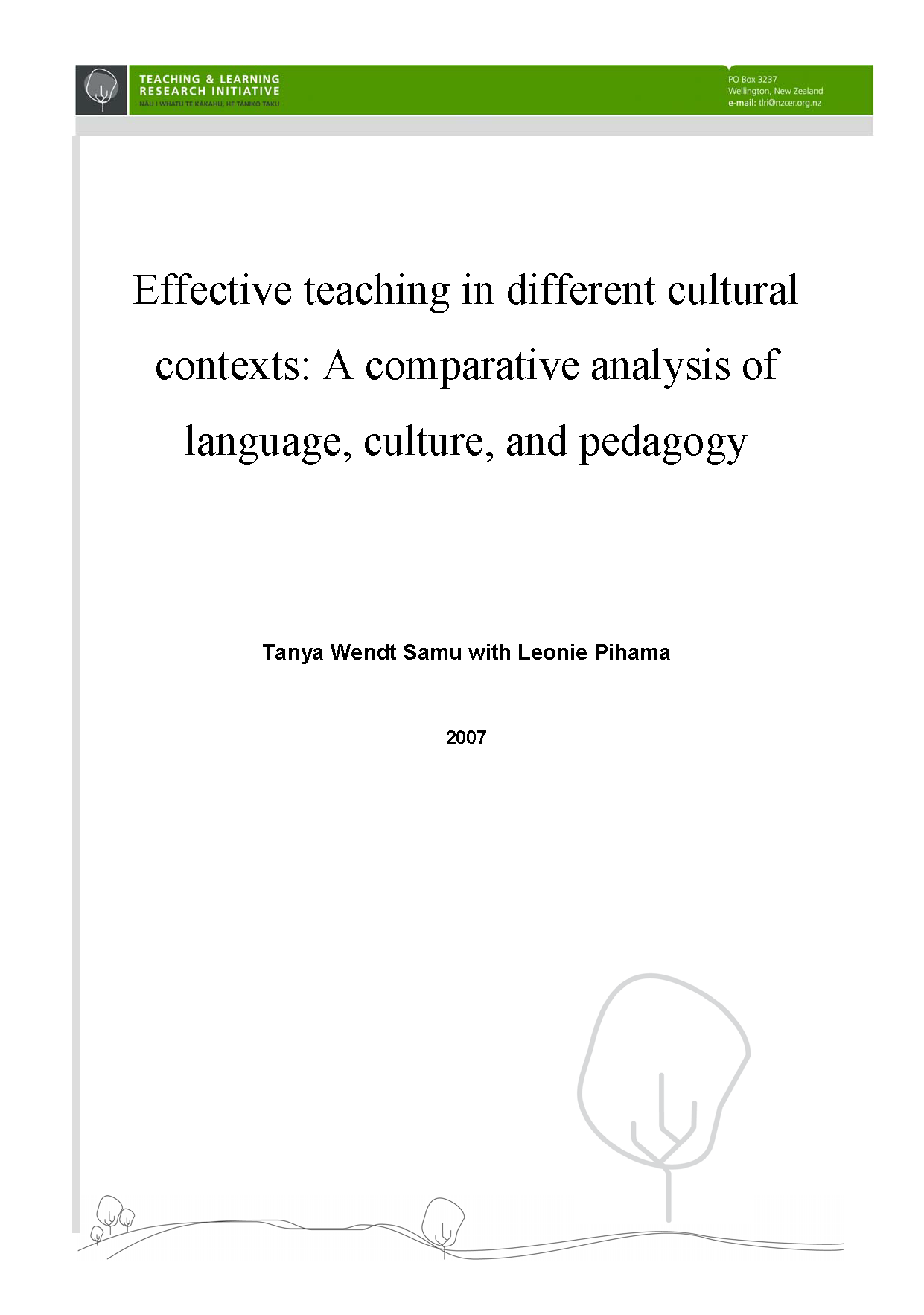
Zooming out and zooming in on student data: Developing teacher data literacy to enhance teaching and learning
Introduction While teachers and schools have access to an increasing range of data, a challenge is using these data to support student learning outcomes. Over the past decade, expectations for teacher use of data as a basis for instructional decision making have increased (Pierce & Chick, 2011; Schildkamp & Poortman, 2015). Teacher assessment literacy, data-based/data-informed decision making, and data literacy have emerged as focuses for policy and professional development. Despite this, and increasing policy and commercial interest in evidence-based practice, international research consistently reports that many educators do not make effective use of the student data they collect (Kippers et al., 2018; Mandinach et al., 2015). Within New Zealand, the Education





